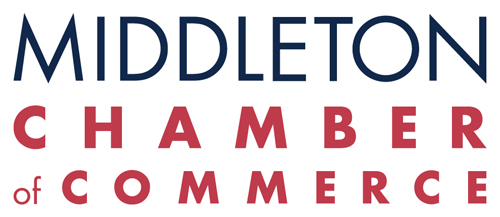Extreme Ownership: How Leaders Can Transform Business Culture with Radical Responsibility
.png)
Jocko Willink explains that extreme ownership is more than a strategy; it's a mindset shift that changes how we see leadership. Willink, a highly decorated former Navy SEAL officer and bestselling author of Extreme Ownership, recounts a harrowing incident from Ramadi, Iraq, in his 2017 TedTalk. This incident involved a tragic case of friendly fire, where allied forces mistakenly engaged each other. Despite several factors being beyond his control, Willink, as the SEAL team commander, assumed full responsibility for the travesty. He leverages this experience as a powerful metaphor to underscore the critical importance of leaders embracing complete accountability for their team's failures and successes alike. Surprisingly, this approach significantly enhances respect among team members and fosters a culture of effective problem-solving that is unattainable when leaders shy away from ownership. Ultimately, Willink demonstrates that these military skills can be adapted for business to tackle challenges, make bold decisions, and lead with confidence. Read on to learn more about how extreme ownership works.
Accountability Boosts Trust
The extreme ownership philosophy centers on the belief that true leaders own up to both their failures and successes. Willink, who supports this idea, says real leaders don't shift blame or avoid responsibility. They fully accept their mistakes, use them as chances to learn, and build on these lessons for future wins. Leaders who embrace this approach show their true character and strength, creating a trustworthy and accountable atmosphere. This mindset leads to better communication within teams and fosters a culture aimed at constant improvement. Such an environment not only pushes individuals to excel but also helps the whole organization reach its goals more effectively. Research from Deloitte has shown that high-performing leaders demonstrate a growth mindset, understanding that failure is a part of development. When leaders own their mistakes, they show their humanity and willingness to learn from errors.
How to Role Model High Standards
The concept of extreme ownership is all about setting high standards and leading by example. It means expecting the best from your team and showing them how it's done through your actions. Leaders who adopt these principles create an environment that values problem solving and a strong commitment to achieving goals with precision and excellence. This kind of leadership pushes teams to exceed their preconceived limits, making sure everyone knows their role and works hard for collective success. In the fast-paced world of operating a business and managing employees, leaders can overlook their own development. The kind of accountability Willink promotes comes from leaders who are highly self-aware. Professional leadership development, in addition to personal practices such as a morning routine or time off, ensures leaders are rested and ready to lead.
The Takeaway
Switching to extreme ownership can greatly enhance team and business performance. It requires leaders to be more proactive, accountable, and committed to truly developing and empowering their team members. This approach is hands-on, with leaders setting the pace and encouraging their teams to reach high. Extreme ownership also means building trust and transparency, treating mistakes as lessons, and finding success together. To see Willink’s full TedTalk, go here.
---
The Middleton Chamber of Commerce is a private non-profit organization that aims to support the growth and development of local businesses and our regional economy. We strive to create content that not only educates but also fosters a sense of connection and collaboration among our readers. Join us as we explore topics such as economic development, networking opportunities, upcoming events, and success stories from our vibrant community. Our resources provide insights, advice, and news that are relevant to business owners, entrepreneurs, and community members alike.

